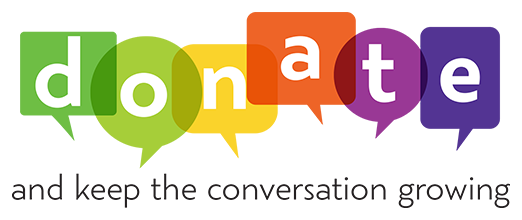An RSPCA volunteer has lashed out at the animal welfare group for euthanising a seven-month-old puppy, claiming it was healthy and harmless.
The anonymous volunteer claimed the puppy, named Sophie, had been put down at the Sydney Adoption Centre at Yagoona.
‘Today I had one of the most traumatic experiences of my life,’ they wrote in a review left on the business’ page.
‘They euthanized a puppy no more than 7 months old, healthy and in no danger to anyone.’
An RSPCA NSW spokesman confirmed with Daily Mail Australia the puppy had been euthanised – but disputed the claim the puppy was healthy.
The volunteer said they had spent the previous month doing ‘therapy’ with the pup in order to socialise her and even offered to take her home.
But on Friday morning, they came into work to find Sophie unconscious on the floor – sedated before euthanasia.
‘I cried and begged them not to do it, to let me take her home and they told me that it was not possible, and that they had already tried everything with her but could not socialise,’ they wrote.

‘I have been involved in animal activism for over twenty years, this animal was far from being un-rehabilitatable, she just needed time and proper therapy.
‘She was a sweet puppy that in a short time trusted you and sought human contact willingly, she deserved a chance, this is an injustice. Her name was Sophie.
‘I am devastated, and I am going to try to make everyone who is considering making a donation here to know the reality and make a conscious donation, because to me, this is far from what should be considered animal protection.’
Vegan activist Tash Peterson said she was outraged to hear of the ‘murder’ at the shelter.
‘Thanks to the dedicated efforts of a volunteer who saw her potential, Sophie had a good chance at life,’ Ms Peterson said.
‘The claim that she was “unsocialisable” is heartbreaking and unacceptable. Sophie deserved more time, care, and a genuine chance at life.
‘This tragedy highlights a larger issue: the RSPCA’s conflicting values.
‘While they brand themselves as protectors of animals, their seal of approval appears on products made from the bodies of animals who were exploited and murdered for profit, including meat, dairy, and eggs.’

Ms Peterson said the story served as a reminder of the need to adopt from shelters rather than supporting animal breeders.
Animal rights activist Sheena Chhabra, from Plant Based Treaty, said it was ‘unacceptable for any animal to be killed prematurely simply because they haven’t adapted to their environment’.
‘Organisations like the RSPCA are meant to protect animals and offer them a chance at life, not discard them if they don’t fit a predefined system,’ Ms Chhabra said.
RSPCA NSW said its inspectorate delivered Sophie to the shelter last month, along with a ‘large group of animals’, seized from two people disqualified from having animals.
‘Sophie presented in very poor condition and was severely fearful on intake, indicating a traumatic background,’ a spokesman said.
She wasn’t made available for adoption due to her ‘very complex behavioural needs’.
No behaviour foster carers were available to take her either, and both of the group’s behaviour and rehabilitation centres were at full capacity.
Although the group’s behaviour and rehabilitation team worked closely with her to try and build trust, she ‘continued to display overwhelming fear and anxiety’.
‘After weeks in our care, Sophie’s fear and avoidance remained overwhelmingly high,’ the spokesman said.
‘She was still unable to leave her kennel to toilet, exercise, sniff, or explore – basic activities essential for her physical and mental health.
‘Sophie also started to exhibit physical symptoms of chronic stress, further highlighting her deteriorating condition.’
The decision was made to euthanise her to prevent ‘further distress and suffering’.
RSPCA NSW has six shelters in the state, of which the Yagoona, Sydney shelter is the largest.
All of the shelters offer animals for adoption – these include dogs and cats handed in as injured strays, seized by an inspector or surrendered by owners.
But they don’t have the means to accept uninjured stray animals, which should instead be handed in to local council pounds.
In total, the NSW shelters care for more than 14,000 animals each year.

